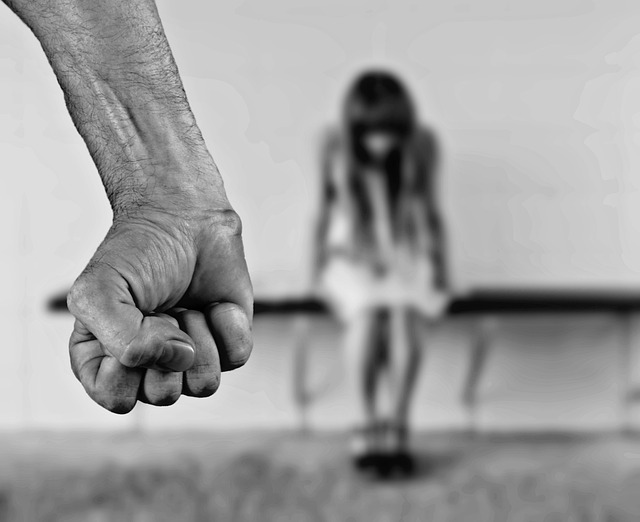Shelters like Shelterwood Academy, while aiming to provide safety, can become breeding grounds for misconduct and abuse. This text sheds light on various forms of exploitation, emphasizing the power dynamics between staff and residents that enable such abuses. Victims often face long-term psychological trauma, trust issues, and relationship difficulties. Key steps towards prevention include comprehensive awareness education and specialized support services like mental health counseling, legal aid, housing support, and job training for survivors. Dedicated advocacy, including access to specialized legal aid, support groups, and public outreach, is crucial in addressing Shelterwood Academy Abuse and empowering survivors to heal and rebuild their lives.
“Uncovering and addressing past wrongs at Shelterwood Academy is a critical step towards justice for its victims. This article delves into the complex issue of Shelterwood Academy abuse, offering a comprehensive understanding of the misconduct that occurred. We explore the lasting impact on survivors and their unique needs, providing insights into effective advocacy strategies to ensure support and accountability.
Key topics include identifying patterns of abuse, advocating for legal rights, and creating safe spaces, all essential in the healing process for Shelterwood Academy abuse survivors.”
- Understanding Shelterwood Academy Abuse: A Comprehensive Look
- The Impact and Needs of Victims
- Strategies for Effective Advocacy and Support
Understanding Shelterwood Academy Abuse: A Comprehensive Look

Shelters like Shelterwood Academy, while meant to provide safety and support, can sometimes become breeding grounds for misconduct and abuse. Understanding the depth and scope of Shelterwood Academy Abuse is crucial for advocacy. This involves recognizing various forms of abuse, from physical and emotional manipulation to sexual exploitation, often hidden behind closed doors. The impact on victims can be profound, leading to long-term psychological trauma, loss of trust, and difficulty in forming healthy relationships.
A comprehensive look at Shelterwood Academy Abuse necessitates examining the power dynamics within these institutions. Staff members, as figures of authority, may abuse their positions, creating an environment where victims feel helpless. It’s essential to shed light on these issues, not just for accountability but also to ensure that current and future residents are protected. Awareness and education are pivotal steps in advocating for victims, fostering a culture that tolerates no form of misconduct.
The Impact and Needs of Victims

Victims of Shelterwood Academy abuse often bear deep and lasting scars, both physical and emotional. The impact can be pervasive, affecting their ability to trust, feel safe, and maintain healthy relationships in future settings. Many survivors struggle with anxiety, depression, and post-traumatic stress disorder (PTSD), which can significantly impair their day-to-day functioning and overall quality of life. Beyond the psychological effects, victims may also face physical health issues stemming from trauma or attempts to escape abusive situations.
The needs of these individuals are multifaceted. They require access to specialized mental health services that understand the unique complexities of institutional abuse. Support groups and counseling can play a crucial role in helping survivors process their experiences, build resilience, and reconnect with communities they can trust. Additionally, practical assistance like legal aid, housing support, and job training is essential to help them rebuild their lives independently and with dignity. Empathy, patience, and non-judgmental approaches are vital as these individuals navigate a path towards healing and recovery.
Strategies for Effective Advocacy and Support

Victims of Shelterwood Academy abuse deserve unwavering support and advocacy. Effective strategies include connecting survivors with specialized legal aid and counseling services tailored to address trauma and emotional distress. Support groups, both online and offline, provide a safe space for sharing experiences, fostering solidarity, and offering peer-to-peer guidance.
Advocacy also involves raising awareness about the issues faced by Shelterwood Academy abuse victims through education campaigns and public outreach. This includes promoting understanding of the long-term psychological effects of trauma, challenging cultural stigma, and encouraging reporting mechanisms that protect anonymity and confidentiality. Collaborating with legal experts, mental health professionals, and community organizations is crucial for developing comprehensive support systems that empower survivors to reclaim their lives.
Victims of Shelterwood Academy abuse deserve justice, healing, and support. By understanding the comprehensive nature of the misconduct and its lasting impact, we can implement effective advocacy strategies to address their needs. It is crucial to provide a safe space for victims to share their experiences and offer tailored support services that foster their physical, emotional, and psychological well-being. Through collective efforts, we can ensure that no one suffers in silence and that the cycle of abuse is broken, paving the way for a brighter future for all affected individuals.
